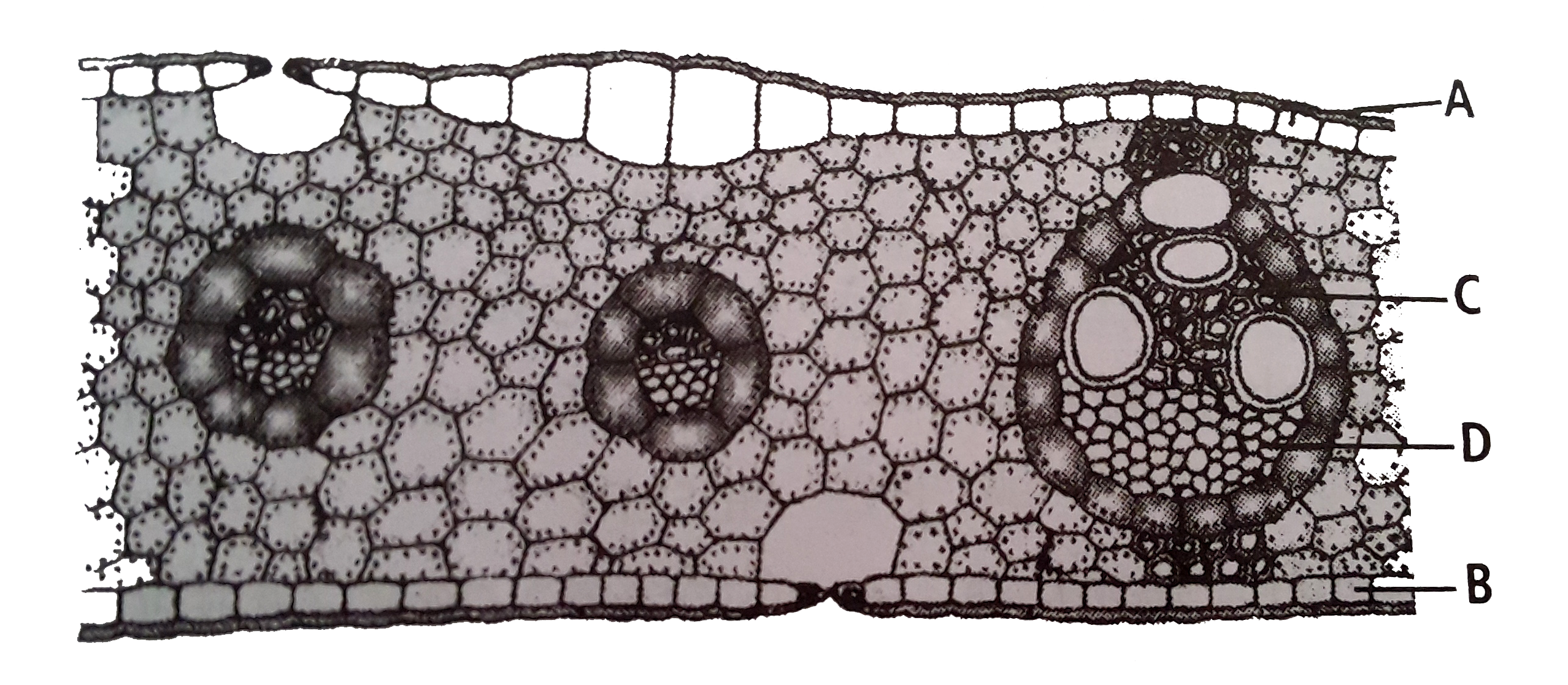Antibiotics are usually not given for an _______________ infection, as they may worsen the disease process.
(a) Escherichia coli
(b) Streptococcus
(c) Pseudomonas aeruginosa
(d) Salmonella typhii
Escherichia coli
Streptococcus
Pseudomonas aeruginosa
Salmonella typhii
The correct Answer is:A
To solve the question, we need to determine which organism's infection antibiotics should not be given, as they may worsen the disease process. Let's analyze each option:
1. Understanding Antibiotics: Antibiotics are medications used to treat bacterial infections by inhibiting the growth or reproduction of bacteria. However, in some cases, administering antibiotics can have adverse effects.
2. Analyzing the Options:
- (a) Escherichia coli (E. coli): Certain strains of E. coli, particularly those that produce toxins (like Enterohemorrhagic E. coli), can release more toxins when antibiotics are administered. This can lead to a severe condition known as hemolytic uremic syndrome (HUS), which can be life-threatening. Therefore, antibiotics are typically not recommended for infections caused by these strains.
- (b) Streptococcus: Antibiotics are commonly used to treat infections caused by Streptococcus, such as strep throat, as they effectively reduce symptoms and prevent complications.
- (c) Pseudomonas aeruginosa: This bacterium is often treated with antibiotics, especially in cases of serious infections, as it is known to cause severe illnesses.
- (d) Salmonella typhii: This bacterium causes typhoid fever, and antibiotics are often used to treat this infection, especially in severe cases.
3. Conclusion: Given the analysis, the correct answer is (a) Escherichia coli. Antibiotics are usually not given for an E. coli infection, particularly those that produce toxins, as they may worsen the disease process.
Final Answer: (a) Escherichia coli
---
- (a) Escherichia coli (E. coli): Certain strains of E. coli, particularly those that produce toxins (like Enterohemorrhagic E. coli), can release more toxins when antibiotics are administered. This can lead to a severe condition known as hemolytic uremic syndrome (HUS), which can be life-threatening. Therefore, antibiotics are typically not recommended for infections caused by these strains.
- (b) Streptococcus: Antibiotics are commonly used to treat infections caused by Streptococcus, such as strep throat, as they effectively reduce symptoms and prevent complications.
- (c) Pseudomonas aeruginosa: This bacterium is often treated with antibiotics, especially in cases of serious infections, as it is known to cause severe illnesses.
- (d) Salmonella typhii: This bacterium causes typhoid fever, and antibiotics are often used to treat this infection, especially in severe cases.
Similar Questions
Read the following four statements (A-D)
(A) The lips and finger nails may turn gray to bluish in colour in severe cases of Typhoid
(B) Rhino viruses infect the nose and respiratory passage but not the lungs.
(C) Intestinal perforation and death may occur in severe cases of typhoid.
(D) Streptococcus pneumoniae infects the alveoli of the lungs. How many of the above statements are right :-
View SolutionThe experimental material used by hershey and Chase for proving that DNA controls heredity was
(a) Escherichia coli
(b) Salmonella typhimurium
(c) T2 phage
(d) TMV
View Solution
Knowledge Check
A free-living bacterium capable of fixing nitrogen is:
(a) Rhizobium
(b) Streptococcus
(c) Pseudomonas
(d) AzotobacterARhizobiumBStreptococcusCPseudomonasDAzotobacterWhich one of the following bacteria is used for production of transgenic plants ?
(a) Escherichia coli
(b) Bacillus subtillis
(c) Staphyloccoccus aureus
(d) Agrobacterium tumefaciensAEscherichia coliBBacillus subtillisCStaphyloccoccus aureusDAgrobacterium tumefaciens
Which of the following is a source for production of hepatitis B vaccine?
(a) Pig's intestine
(b) Escherichia coli
(c) Yeast
(d) Cattle's pancreas
View SolutionFrom the list given choose the helminthic diseases.
(a) Ringworm
(b) Ascariasis
(c) Amoebic dysentery
(d) Tetanus
View SolutionRead the following four statements (A_D).
(A) Rhino virus infect the nose and respiratory passage but not the lungs.
(B) The lips and finger nails may turn grey to bluish in colour in severe cases of pneumonia.
(C ) Strepotococus pneumoniae infects the alveoli of the lungs.
(D) Intestinal perforation and death may occur in sever cases of typhoid.
how many of the above statements are correct ?
View Solution
Identify A, B, C and D in the given transverse section of leaf of Zea mays.
View SolutionPlasmid of which bacterium was first time used in recombinant DNA technology?
(a) E.coli
(b) Salmonella typhimurium
(c) Haemophilus influenzae
(d) Streptococcus pneumoniae
View SolutionAn antibiotic resistance gene in a vector usually helps in the selection of a. Competent cells b. Transformed cells c. Recombinant cells d. None of the above
View Solution
